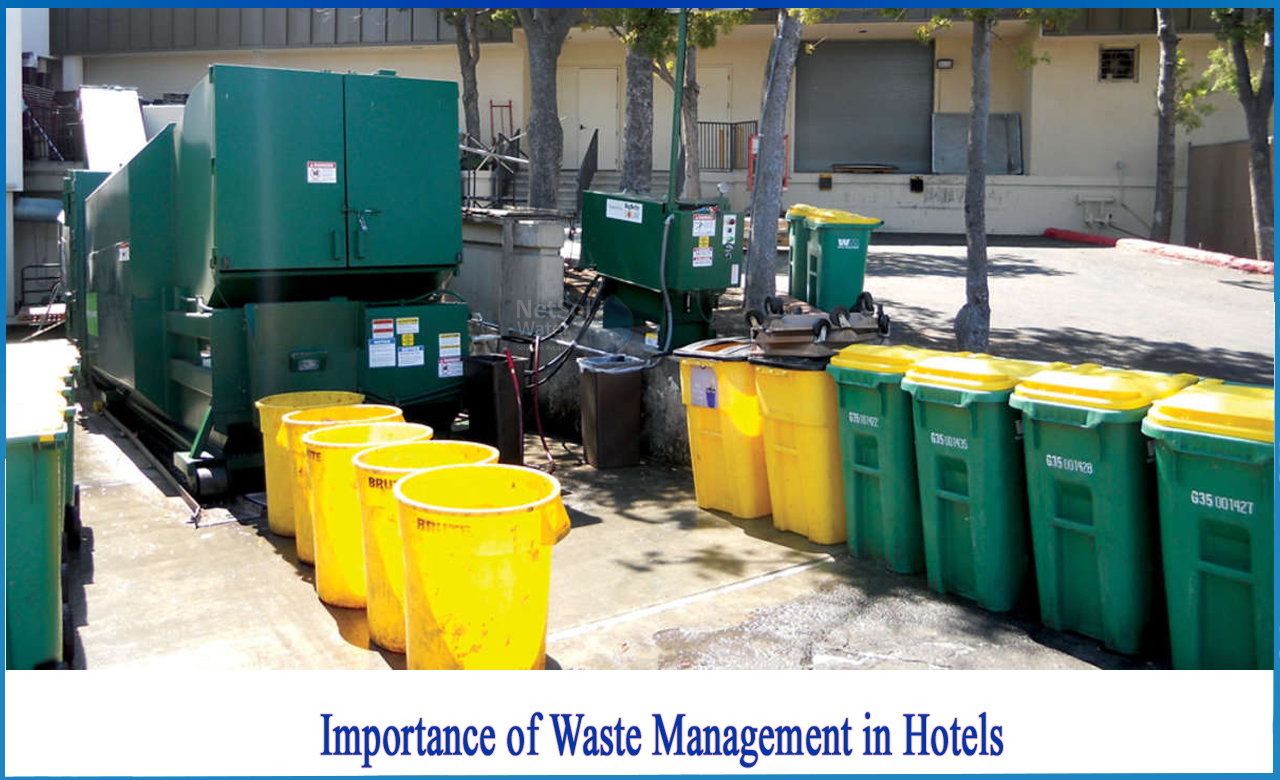The Reclaim Waste PDFs
The Reclaim Waste PDFs
Blog Article
About Reclaim Waste
Table of ContentsTop Guidelines Of Reclaim WasteNot known Details About Reclaim Waste The 20-Second Trick For Reclaim WasteReclaim Waste Fundamentals ExplainedThe Facts About Reclaim Waste Revealed
Explore the types, incidents, and types of fluid waste. Domestic sewage waste describes the waste and products from a domestic septic container. This sort of waste is developed by human beings in homes, institutions, and other buildings. This only consists of septic tanks that have a drainpipe field. The correct monitoring and disposal of domestic sewer waste require fluid waste to be transferred to a sewage therapy plant where the appropriate techniques and tools are used to purify and dispose of waste.
Business waste typically includes possible hazards, such as flammable products or a mixture of fluid and solid waste products, and needs an advanced and detailed disposal process. The disposal of industrial waste generally includes the filtration of waste prior to transport to ensure secure and proper disposal. Hazardous waste is developed from byproducts and drainage of commercial procedures and manufacturing.
This kind of waste can not make use of the same sewage monitoring transportation or procedures as septic or business liquids. The hazardous waste management process needs the evaluation and screening of liquid waste before it undergoes the disposal process (liquid waste removal). Runoff waste is the liquid waste that originates from runoff and excess stormwater in very booming locations or cities
Overflow waste can trigger contamination and flooding if not taken care of appropriately. Guaranteeing correct waste administration can protect against disasters and reduce environmental harm.
How Reclaim Waste can Save You Time, Stress, and Money.
Call PROS Solutions today to find out about our waste administration and disposal solutions and the correct means to take care of the fluid waste you generate.
(https://www.pubpub.org/user/leon-aube)Do you know what occurs to your water when you end, purge the toilet or drain the cleaning device? No? Well, it's worth understanding. This so-called 'wastewater' is not just an essential source however, after treatment, will be released to our land, rivers or the ocean. Used water from bathrooms, showers, bathrooms, kitchen sinks, laundries and commercial processes is referred to as wastewater.

water made use of to cool down equipment or clean plant and equipment). Stormwater, a kind of wastewater, is drainage that moves from agricultural and metropolitan areas such as roofing systems, parks, gardens, roads, paths and rain gutters right into stormwater drains, after rain. Stormwater moves unattended straight to regional creeks or rivers, ultimately reaching the sea.
Reclaim Waste Fundamentals Explained
In Queensland, many wastewater is treated at sewer treatment plants. Wastewater is transported from residential or industrial sites through a system of sewage systems and pump stations, known as sewage reticulation, to a sewage therapy plant. City governments build, preserve and operate most sewage treatment plants. Operators are certified under the Environmental Protection Act 1994 to release treated wastewater at an acceptable ecological requirement into rivers.
The Department of Natural Resources suggests city governments concerning handling, operating and preserving sewage systems and therapy plants. In unsewered areas, city governments might call for owners to mount private or house sewage therapy systems to deal with residential wastewater from commodes, kitchens, restrooms and washings. The Division of Natural Resources authorises making use of house systems when they are confirmed to be efficient.
A lot of stormwater obtains no treatment. In some new communities, therapy of some stormwater to get rid of trash, sand and gravel has started utilizing gross pollutant catches. Wastewater treatment takes place in four stages: Removes strong issue. Bigger solids, such as plastics and other items mistakenly released to sewage systems, are eliminated when wastewater is passed with screens.
Utilizes little living microorganisms understands as micro-organisms to damage down and remove staying dissolved wastes and fine bits. Micro-organisms and wastes are integrated in the sludge.
The Single Strategy To Use For Reclaim Waste
Nutrient removal is not readily available at all sewer treatment plants due to the fact that it calls for expensive specialist equipment. Clear liquid effluent created after treatment may still contain disease-causing micro-organisms - liquid waste disposal melbourne.

Many wastewater streams right into the sewerage system. Under the Act, neighborhood governments administer approvals and licences for ecologically appropriate activities (ERAs) including wastewater launches that might have a neighborhood effect.
Reclaim Waste Can Be Fun For Everyone
Tracking gives factual information regarding water high quality and can confirm that licence problems are being fulfilled. The information gotten with surveillance provides the basis for making water quality decisions.
Report this page